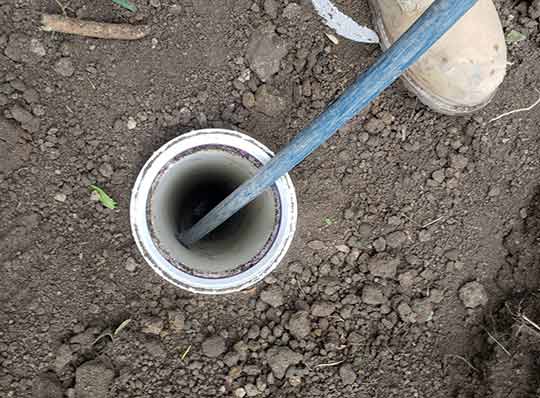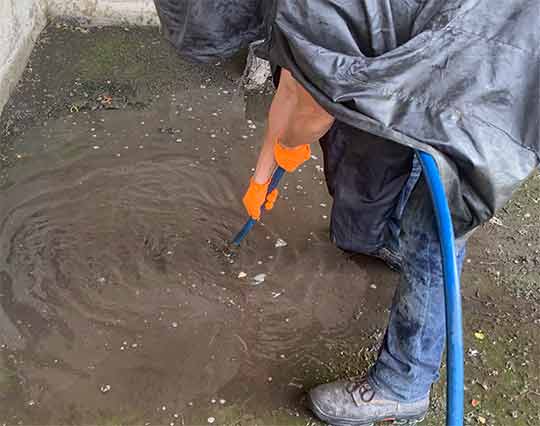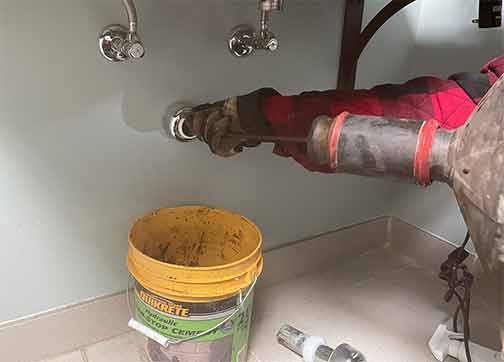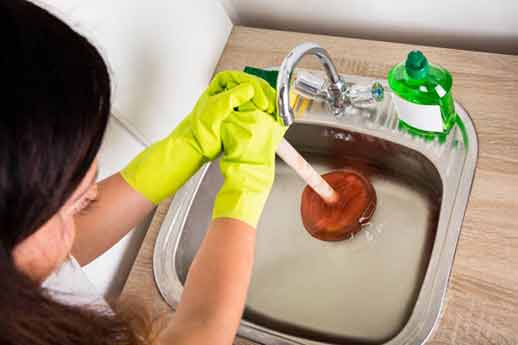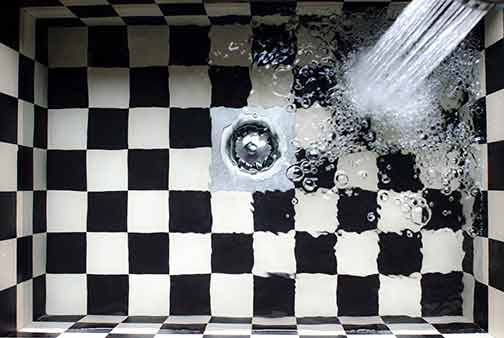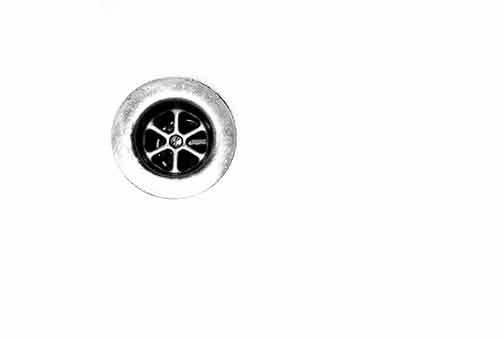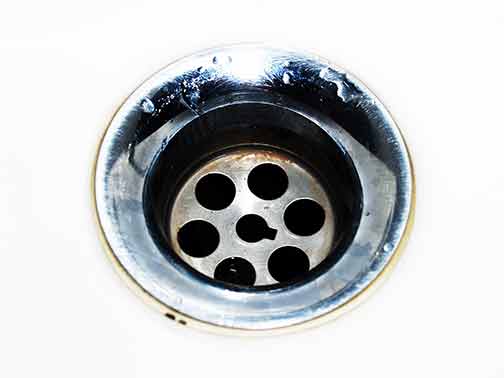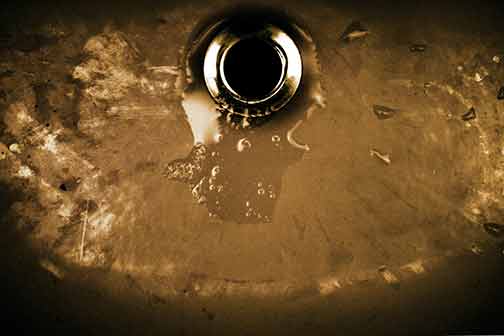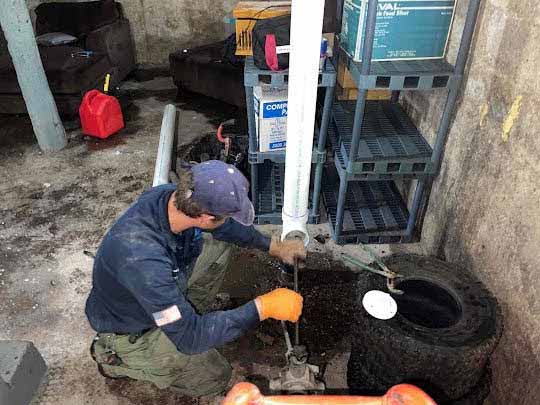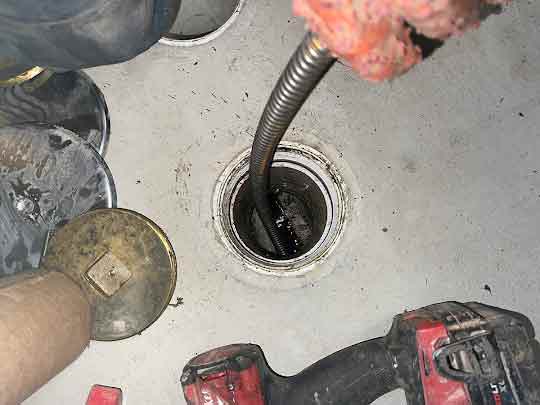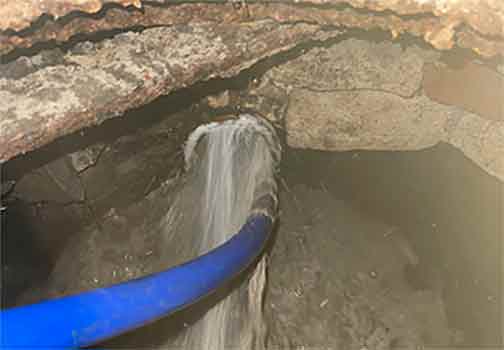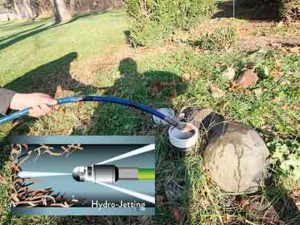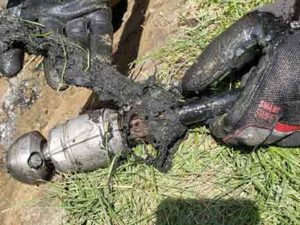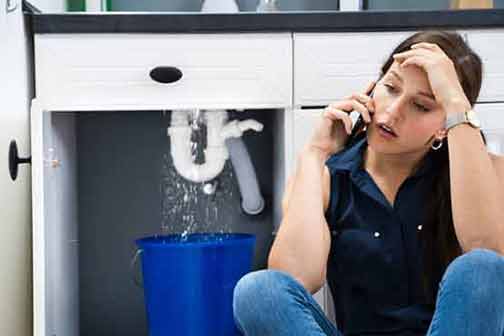
As a homeowner in Chicago, you may have experienced clogged drains at some point. Whether it’s a slow-draining sink or a completely blocked toilet, dealing with such plumbing issues can be frustrating. Many homeowners wonder if booking a drain cleaning service is necessary or if they can solve the problem on their own. Here we will answer the question – should you book a professional drain cleaning service? Let’s find out.
Understanding the Importance of Drain Cleaning
Before deciding whether to book drain cleaning, it’s essential to understand the importance of maintaining clean drains. Over time, various factors can lead to clogged drains, including grease, food particles, hair, soap scum, and even tree roots in outdoor drains. Neglecting regular drain cleaning can result in the following problems:
- Slow or blocked drains
- Foul odors
- Overflowing sinks or toilets
- Backups and water damage
- Potential health hazards
Regular drain cleaning helps prevent these issues and ensures the proper functioning of your household plumbing.
When to Consider Booking Drain Cleaning
While some minor drain issues can be resolved with DIY methods, there are situations where booking professional drain cleaning becomes necessary. Consider the following scenarios:
- Frequent clogs: If you experience recurring clogs in the same drain, it indicates a deeper problem that might require professional intervention.
- Slow drainage: If your sinks, showers, or tubs are draining slower than usual, it may indicate a partial blockage that needs to be addressed before it worsens.
- Foul smells: Persistent odors coming from your drains suggest a buildup of debris or bacteria, which requires thorough cleaning.
- Multiple affected drains: If more than one drain is showing signs of clogging or slow drainage, it could indicate a larger issue in your plumbing system that needs professional assessment.
- Older plumbing: If you have an older house with aging plumbing, regular drain cleaning can help mitigate potential problems caused by deteriorating pipes.
- Preventive maintenance: Even if you haven’t encountered any noticeable issues, scheduling periodic drain clearing service as part of your preventive maintenance routine can help catch potential problems early.
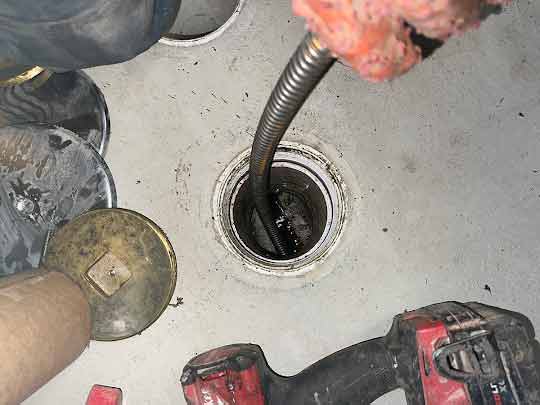
A professional plumber can identify potential plumbing problems before they escalate, allowing you to address them proactively and avoid costly repairs in the future.
Benefits of Professional Drain Cleaning
Booking a professional drain cleaning service offers several advantages over DIY approaches. Here are some benefits worth considering:
- Thorough cleaning: Plumbers have specialized tools and expertise with hydro jetting service to provide a more comprehensive and effective cleaning compared to home remedies.
- Identifying underlying issues: A professional plumber can identify potential plumbing problems before they escalate, allowing you to address them proactively and avoid costly repairs in the future.
- Preventing damage: Improper DIY techniques or using harsh chemicals can damage your plumbing system. Professional drain clearing ensures the longevity of your pipes and fixtures.
- Time-saving: By hiring a professional plumber, you can save time and effort spent on attempting to fix the issue yourself.
- Long-term savings: Regular drain cleaning, such as a sewer rodding service, helps prolong the lifespan of your plumbing system, reducing the likelihood of major breakdowns and expensive repairs.
DIY vs. Professional Drain Cleaning
While there are DIY methods for clearing minor drain clogs, it’s important to understand the limitations and risks involved. Chemical drain cleaners, for example, may provide temporary relief, but they can also harm your pipes and the environment. Snaking or using a plunger can help with simple clogs, but if the problem persists or recurs, it’s advisable to consult a local plumber for a more sustainable solution.
Choosing a Reliable Plumbing Service
When it comes to booking professional drain cleaning, it’s crucial to choose a reliable plumbing service in Chicago. Here are some factors to consider:
- Experience and expertise: Look for a plumber with extensive experience in drain cleaning who can handle a variety of issues and plumbing systems.
- Licensing and insurance: Ensure the plumbing service is properly licensed and has adequate insurance coverage to protect you and your property in case of any unforeseen incidents.
- Reputation and reviews: Read customer reviews and testimonials to gauge the plumber’s reputation for professionalism, reliability, and customer satisfaction.
- Pricing and warranty: Obtain multiple quotes to compare prices while ensuring that the plumber offers warranties or guarantees on their services.
- Availability and response time: Choose a plumbing service that offers 24 hour emergency plumbing services and can promptly respond to your cleaning needs.
In Summary
In conclusion, booking drain cleaning is highly recommended under certain circumstances, such as frequent clogs, slow drainage, foul odors, or multiple affected drains. Professional drain cleaning offers thorough cleaning, early detection of underlying issues, and long-term savings. While DIY methods can be effective for minor clogs, professional plumbers bring expertise, specialized tools, and preventive maintenance to ensure the proper functioning of your drains and plumbing system. Choosing a reliable local plumbing service is crucial to ensure quality service and customer satisfaction.
